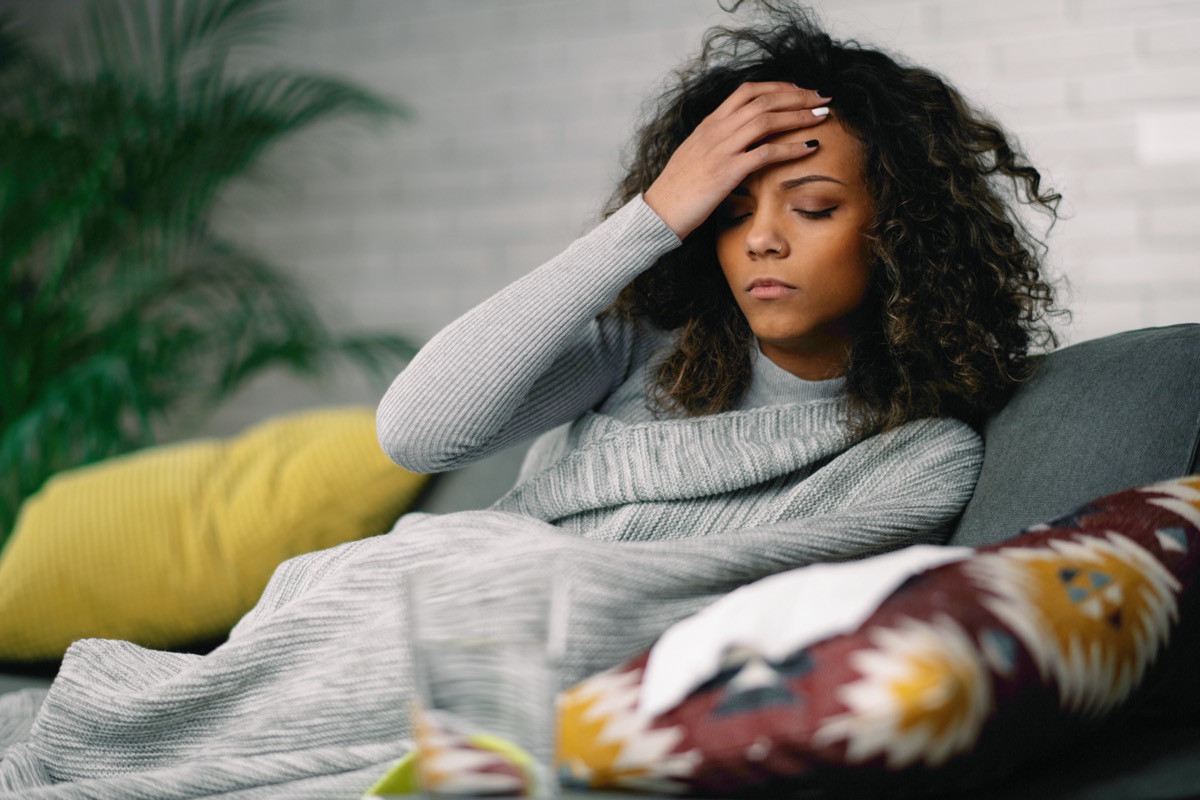Allergies causing fever, mainly “perennial rye (Lolium perenne)”, are the major source of fever. Signs are at their worst in “June and July”. Tree pollen grains show complications in the early summer, while plant flowers and fungal infections cause problems in the autumn. Soybean seeds too can cause sneezing symptoms, but even this is generally due to irritating instead of allergy causes fever. It has been reported that car air pollutants of nitrogen dioxide and ozone have raised reactivity to pollens.
The following symptoms characterize an allergies causing fever:
The signs you’re most likely to face in allergies causing fever are:
- winter inflammation
- Coughing
- wet runny nose
- Related eye issues.
An “auriscope” can be used to see into the nose to check out any systemic flaws. Although simple blood tests aren’t normally required for treatment, a positive result might highlight the necessity for external treatment.
Keep allergies causing fever away:
People with allergies-causing fever are often suggested to reduce the irritant causing their symptoms. But, if it should be commonly suggested for pollen allergies is unclear. Because allergies-causing fever are rarely chronic or fatal, medications can help sufferers normally live free of excessive limitations.
On the other hand, basic suggestions may help people with chronic conditions. Allergen causing fever levels at the earth’s surface are strongest at night, so stay away from open lawn regions.
The following difficulties may occur during allergies:
- Allergies-causing fever can lower your standard of living by messing with your pleasure of tasks and make you less active. Allergies fever problems cause a lot of individuals to miss days of school or offices.
- Sleepiness: allergies causing fever signs might keep you up or make it difficult to sleep, resulting in tiredness and an overall sense of being ill.
- Asthma signs such as breathing problems might get serious due to allergies-causing fever.
- Infectious disease in the ear: allergies causing fever is a common cause of middle ear infection in youngsters
- Infections. Long-term nasal irritation caused by allergies causing fever might put you at risk for rhinitis, an illness or disease of the brain veins.
Difference between allergies causing and the common cold;
| Disease | Clinical signs | beginnings | period |
| Allergies causing fever | No temperature; nasal congestion with thin, wet flow | As quick as possible after being exposed to allergies | From the moment you’re sensitive to allergies, you’re at risk. |
| Common cold | Bodily pains; small fever; sneezing with sticky or heavy yellowish discharge; | After being infected with the cold virus for between 1 or 3 days, | Approximately in a week |
Several factors put you at risk of allergies:
Seasonal allergies causing fever are made worse by several things:
- Gene inheritance: The chance of allergies causing-fever or any allergy increases if a close relative suffers from it.
- Various allergy symptoms or breathing problems: People who suffer from other breathing problems can have allergies causing feverish.
- Sex and age range: allergies-causing fever is more frequent in males before puberty, whereas females are more affected after maturity.
- Birthdate: Individuals born during the maximum growing season have a little increased chance of having allergies-causing fever.
- Some used smoking: Early childhood contact to tobacco smoking leads to increased levels of allergies causing feverish.
Becoming the eldest, from a smaller home, or being from a greater house are all factors. These final three threats might be related to infections in children. A kid who has had fewer early viruses may be at an increased risk of getting immune diseases later in life.
Treatment at yourself for allergies :
Although people cannot avoid the growth of allergies causing feverish, those who suffer from allergies causing fever may find these methods helpful in reducing the effect of their illness.
Here are some recommendations:
- During pollen season, keep an eye on the rainfall totals. The computer and other mediums provide access to data. Allergen counts are greater on – anti, warm, and cloudy days and evening hours.
- When the allergen level is high, keep doors closed.
- Avoid cutting the grass in pollinators, garden on reduced days, and avoid grassy places when allergen levels rise.
- Regularly spray them with cold water to calm and cleanse allergens from the eyelids.
- Bathe and change when allergen numbers are rising. Your clothes after coming home.
- To make your eyes protected from allergens, wear fold sunglasses.
- Make sure to wear a cap to keep allergens from sticking in your head and spilling your eyes and smile.
- Install a pollen filter in your vehicle and drive with the windows shut during high spring counts.
- It would help if you did not have plants in your house.
- Maintain a clean environment on all surfaces, flooring, and couches.
- Select a cleaner with a high-quality brush.
- A mattress that is “insect-proof” is recommended.
- When pets come inside on a pollinator’s day, wash them or comb their hair with a moist towel,
- you can also apply petroleum jelly to the inside corners of your nose to prevent future allergens from entering.
- If you know your risky season is due soon, see a doctor for a strategy.
Some things to consider if you have allergies causing feverish are:
- What is the most common source of my illnesses?
- What test results am I going to need?
- Is it possible that my disease will go better by itself?
- What is the correct action?
- What available for processing do you have to provide?
- Do other medical problems bother me?
- What is the right method for me to deal with them simultaneously?
- Is it required for someone like me to seek the advice of an expert?
conclusion
Hence, allergies cause-fever in the word “yeah, of course”. However, they don’t produce fever in the way you may think. Don’t ignore your allergies if you’ve been fighting them this year. Make an appointment with a personal doctor to talk about your sign and available treatment solutions. The longer you stay to cure your illnesses, the deeper they’ll get. So look after them now. Stays safe from allergies causing feverish.







